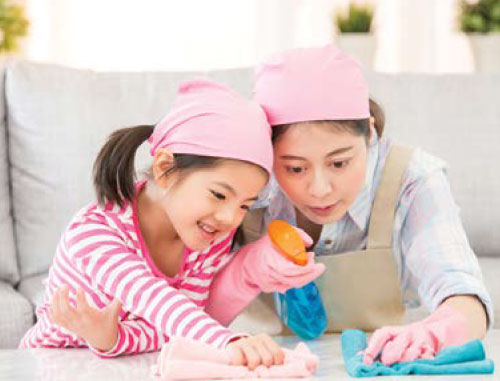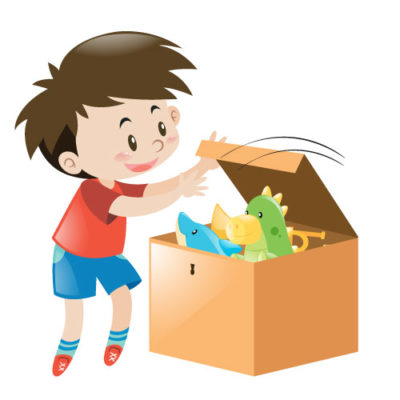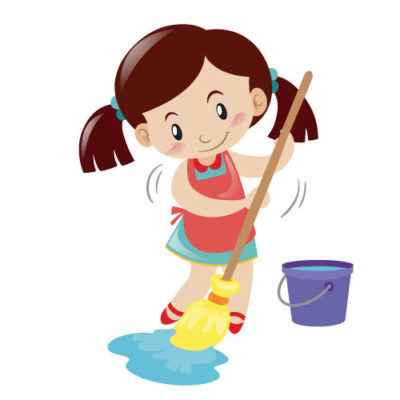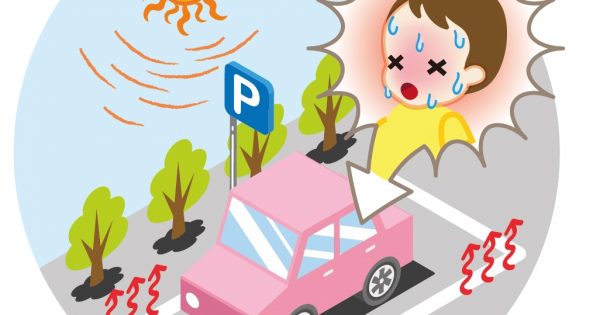Children are taught how to crawl, walk, read and write. As they grow, they will learn to solve math problems, understand scientific concepts and debate events in history, all the while guided in these lessons by parents, teachers or caregivers.
The same guidance therefore, is needed when developing the qualities, values and character you want your child to have. It is only through guidance and modelling by caring adults that children learn to be honest and respectful, to stand up for what they believe, to care about others, to act responsibly and to make sound moral choices.
Responsibility
Being responsible means being dependable, honest, and honouring commitments. It is about accepting the consequences of what we say and do. Children need to learn that being part of a family and a community involves accepting responsibilities and delivering on them.
Raising Responsible Children
- Help your child understand the link between his actions and the resulting reactions by pointing out real-life examples (i.e. i he does not store his toys away someone might step on it and get hurt).
- Be consistent with discipline and rules because responsibility also includes accountability. He needs to learn to accept the consequences of his words, actions, and decisions.
- Do not meet their needs immediately or give in to all their demands. This provides an opportunity for your children to tolerate some frustration, delay gratification, become less impulsive and less self-centred, while understanding that they are also part of a larger working system.
- Build their sense of capability and self-esteem by acknowledging responsible behaviour. When they believe that they can handle challenges and make contributions, they are more likely to meet their obligations and feel good about taking on responsibilities.
- Being truthful can be hard for children, they fear the repercussions. Hence, if you want your child to come to you with the truth (or admit to it when asked):
- be calm and approachable when expressing your dissatisfaction towards poor behaviour.
- tell them that everyone makes mistakes but what matters most is that he is truthful, learns from those mistakes, and tries to make things right again.
- praise his honesty if he owns up to his mistakes or wrongdoings.
Respect
Respect means accepting others without judgment and honouring people by treating them courteously. It stems from the belief that all people are equal and should be treated with dignity. Also, much like responsibility, you need to teach your child that he must think about how his actions can affect others, because we are all connected whether we like it or not.
Teaching Respect to Children
- Be a good role model. Use words like “please”, “thank you”, and “excuse me” when warranted. Make sure your child understands why being polite to others is necessary in the society.
- Set boundaries and enforce rules for when your child behaves rudely or inappropriately. Ensure they understand why some behaviours are considered rude or inappropriate.
- Start by asking him to respect his own toys and keep them after playing. Emphasise that this also shows self-respect as it demonstrates care.
- Teach him to respect differences in other people and why everyone should be treated with equal respect, regardless of those differences. It is important to acknowledge others even if you don’t agree with them. Validating others’ feelings show respect.
- Nurture kindness and empathy by asking them how they would feel if they were in someone else’s shoes. Acknowledge how he feels and what his opinions are.
- Teach him about being a good listener. Listening and acknowledging others when they are talking is a fundamental way to show respect. You will have to do the same too.
Some age-appropriate tasks and chores can help your child train his sense of responsibility and respect. The simple roles at home can instill a sense of belonging in him and being useful. Together with other family members helping around the house, it leads to a holistic family function and your child can see his small responsibility (which might feel like a big thing to him) contributes to a bigger picture.
Toddlers & Pre-schoolers
- Turn off lights when leaving the room (supervision may be necessary if the child needs to climb something to reach the switch).
- Practice respectful ways of communicating. Show your child how to talk to others with respect.
- Hang up towel after a bath (on a reachable hanger or rack).
- Keep toys away when finished.
- Carry dishes to the sink (later, wash their own dishes).
- Set the table for meal time.
- Feed a pet.
- Read bedtime stories with moral lessons and values specifically that teach about respect, responsibility and social problem-solving.
Children (6-12 years)
- Doing house chores (e.g. sweeping, cleaning windows, vacuuming, throwing out the trash).
- Help prepare dinner.
- Take care of a pet.
- Pack own lunch to take to school.
- Arrange clothes in drawer (later, fold own clothes).
- Prepare own bag and wash shoes for school.
- Encourage children to join extra-curricular activities, or be part of a sports team.
It is important to strengthen responsible and respectful behaviours by acknowledging, encouraging and shaping these behaviours. Avoid constantly criticising your child about things he does. Negative comments and failure to acknowledge his achievements or contributions can lead to frustrations in your child, which increases the risk of them being disrespectful to others, lower his self-esteem and discourage responsible behaviours. The main idea is to model what value is, to your child. Respect and responsibility come from actually valuing people and belongings.
Parents play a large and important role in moulding their children’s character, beliefs and behaviour. Research show that good social skills in children, particularly those that demonstrate value in people such as respect and responsibility, are most likely to succeed later in life, regardless of academic performance. Hence, teaching them early on about responsibility and respect can help curb an attitude of entitlement and build positive relationship skills in children that will certainly pay dividends as they grow to become valuable and respectable adults in society. Moreover, these values maintain harmony, mental health and well-being in the family and society.
An educational collaboration with Malaysian Society of Clinical Psychology.









Comments